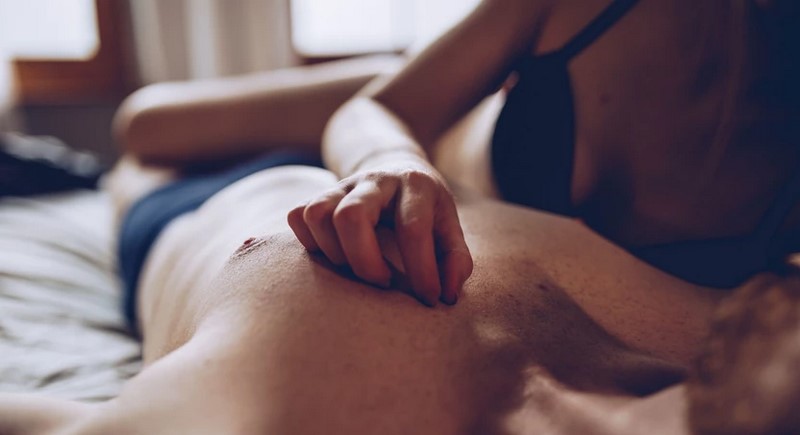
Bleeding during or after sex happens for a lot of reasons.
Light bleeding now and then may be no big deal. But if you have other risk factors, a visit to your gynecologist is in order.
What causes postcoital bleeding?
The medical name for (non-period-related) sex-induced bleeding is postcoital bleeding (PCB). This condition shows up as vaginal spotting or bleeding, with or without pain, during or after intercourse.
The blood may be coming from any of the organs or tissues near the vagina. Below are some reasons for the bleeding:
“Vaginal tearing” refers to everything from slight scratches to cuts. It can be a rather ordinary side effect of having sex, although vaginal dryness increases the likelihood of tears.
If your southern region feels as parched as a sun-baked desert at high noon, then your bits may be extra-sensitive.
Possibly the most common cause of postcoital bleeding, vaginal dryness happens when your body stops naturally lubricating. Without this natural lube, you’re at greater risk for other causes of PCB too.
Infections are another main trigger for PCB. They can inflame your vaginal tissues, leaving them more delicate and easier to harm.
Blood clotting and abnormal bleeding diseases sometimes bring about PCB. Blood thinners can also mess with your system and result in sex-related bleeding.
The hormonal changes that come along with creating a new human can make your vaginal tissues more prone to damage, so it’s pretty normal to experience bleeding during or after sex while you’re pregnant.
The biggest concern in early pregnancy is heavy or continued bleeding, which can be a sign of miscarriage. In late pregnancy, bleeding can signal labour. In either scenario, get immediate medical attention.
Treatment
Once you know why you’re bleeding, your doctor can offer treatment options.
If vaginal dryness is the issue, moisturizers or lubricants may bring relief. You can find these products online and at many supermarkets and pharmacies.
With everyday use, vaginal moisturizers restore the fluids and pH balance of your vagina. They’re available as easily absorbed liquids, creams, and gels.
Lubricants are an effective short-term solution to lessen friction during intercourse. Use lubes that are made from water or silicone and are irritant-free.
Understanding the origin of your postcoital bleeding is key to prevention efforts. While you may not be able to totally prevent bleeding, there’s a lot you can do to minimize it.
For bleeding related to a medical issue, you’ll need to address the underlying condition. That may resolve your whole sex-bleeding sitch.
Eating foods loaded with plant estrogens may give you an extra edge over PCB. Phytoestrogens have many reported health benefits, such as reducing inflammation and reducing symptoms associated with menopause.
